Enforcement of Association Rules
The following Q&A appeared in the "Ask an Attorney" section of the October 2004 newsletter for the Association of Condominium Townhouse & Homeowners Association (www.actha.org)
Question: In 1995, our condominium association amended our declaration to prohibit pets but grandfathering in current pets. However, once the pet expired all owners would be prohibited from having pets. Recently, our board learned that the son of an owner (who lives in the unit) has two cats and has admitted to having them for 2 years. We informed him that he would need to get rid of the cats or would be fined. At the time, we did not have any policy on fine amounts. His response was to fine him and he would pay the fines.
Since then the board adopted a rule of $10 per day for a violation of this rule effective July 17.
What recourse does a board have if a rule is violated and the owner's response is to continuously break the rule yet pay the fine? What is considered a "reasonable" fine as set forth in the Illinois Condominium Property Act? Is it your opinion that a $10 fine per day would be considered reasonable?
Answer: It is quite apparent that your association has enacted a well reasoned, and more importantly, enforceable pet restriction. Unfortunately, this unit owner simply does not want to cooperate.
The first thing your association did right was to implement this pet restriction by permanently amending your declaration; an action that likely required approval of a certain percentage of unit owners. In contrast, many boards institute similar restrictions (such as leasing restrictions) by way of board rule. While this alternative is generally permissible, courts often give greater deference if the restriction was made to the governing document of the association. Secondly, this pet "grandfather" clause, also known as a "pet amortization" clause, was a show of reasonableness by the prior board that certainly helped prevent a revolt by the pet owners at the time.
With respect to this flagrant violator, one option the board now has is to increase the amount of the fine. The Illinois Condominium Property Act does not provide guidance as to what is a "reasonable" fine. A good resource is an experienced property manager who may be willing to share an effective fine schedule used with other associations. The board can also check with its local municipality as to its schedule of fines for common ordinance violations. Further, common sense dictates that the amount of the fine should take into account the seriousness of the offense and the overall circumstances. Given that this unit owner is willingly paying the $10 a day fine, he or she should now have a hard time arguing that the $15 fine is somehow unfair or unreasonable.
Please keep in mind that the Illinois Condominium Act states that before levying a fine, the board must provide the owner with notice and "an opportunity to be heard." Another common pitfall is the selective enforcement of a rule or restriction by a board, or the failure to enforce it in a timely manner.
The final option available to the board is the filing of a lawsuit seeking a court order requiring the defaulting owner to immediately comply with the restriction. You must look to your declaration to determine the procedures necessary before seeking court intervention. One typical provision requires the delivery of a thirty-day notice of violation letter to the defaulting unit owner. Most declarations allow the board to recover attorneys fees in the enforcement action. However, the judge has discretion in awarding attorneys fees, and the ultimate award oftentimes does not equal the amount the attorney has actually billed to the association.


